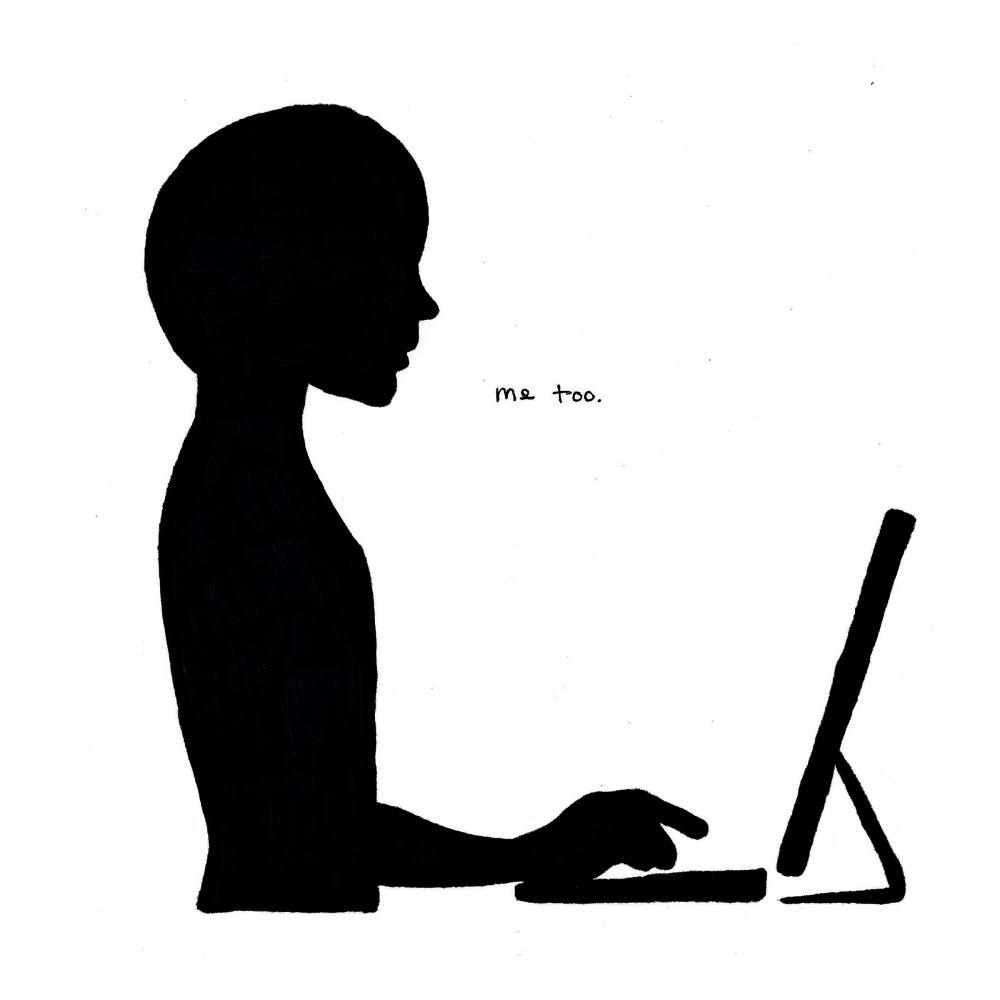Calls to action have few benefits if they go unanswered, which is why the recent trend #metoo, a hashtag meant to express solidarity in the face of sexual assault and harassment, will not fulfill its potential unless it leads to social and political change.
By themselves, the stories shared and simple acknowledgements made by #metoo participants do provide an important illustration of the magnitude of sexual violence committed.
The hashtag reached 85 countries and was used in over 1.7 million tweets in just 10 days.
These stories also make statistical representations of this matter more personal. Social media users who see testimonies of friends and family are forced to realize people they love have been affected by a political issue.
The Editorial Board applauds the courage of survivors who spoke out and recognizes the equal courage of those who chose not to share.
But we feel it would be a disservice to the millions of Americans who have experienced sexual violence if nothing more is done.
Before we go any further, it is important to acknowledge that the use of the phrase “me too” as a method to share experiences of sexual violence and show solidarity with survivors did not start with Alyssa Milano, whose Oct. 15 tweet is considered to have initiated the #metoo trend.
The idea began 20 years ago, well before Twitter, with Tarana Burke, black founder of a nonprofit organization called Just Be Inc. that provides survivors of sexual violence with resources and assistance.
Given that feminism has a history of problems with intersectionality, the Editorial Board feels it is only right to give Ms. Burke her due credit.
Now that #metoo has gained national attention, it is imperative that we use this momentum to enact change.
One impediment to progress is the inappropriate politicization of sexual violence. The current debates between our major political parties suggest one’s treatment of sexual violence should accord in some way with one’s political ideologies.
Truthfully, this issue demands urgent legislative attention and could be better addressed if law enforcement agencies processing the reported cases were better trained.
Even if, like the majority of Americans, you are not an elected official or police officer, you still have a responsibility to serve your fellow citizens. The simple truth is that toxic masculinity is a public health issue, and we desperately need a paradigm shift in our collective idea of what it means to be a man.
Encouraging men to engage in healthy emotional expression and letting go of our expectations of male invincibility are essential, as is eliminating the notion that men should be aggressive, physically powerful and assertive of their dominance over women and other men.
We also need to be better allies when we recognize sexual violence or abuse. We need more Finn Wolfhard’s who are willing to take a stand, as opposed to individuals like Quentin Tarantino, whose complicit silence enables sexual predators to continue to violate their victims with impunity.
Harvey Weinstein has racked up more than 50 accusations of sexual assault and harassment. Yet he now deflects due consequences under the guise of rehab for sex addiction and said his actions were the product of “the culture” in which he grew up.
While these statements show egregious inability to accept personal responsibility, we do need a cultural change, and we would be remiss not to make that change now.




